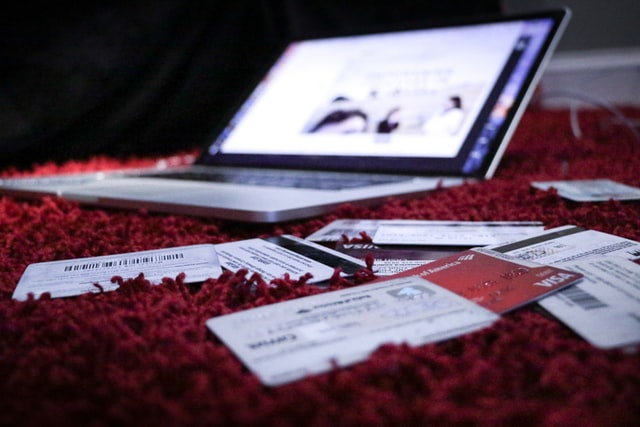
An Introduction to Credit Check Services explains how these services work:
- Then, we’ll discuss what information is included in your credit report, how they cost, and how to get one.
- We’ll cover what you can expect from a credit report. We’ll also cover what to do if you’re unsure where to start.
- Let’s define what a credit report is.
Information in a credit report
What’s in a credit report?
Generally, the report will include your name, address, Social Security number, birth date, and employer information. It will also contain your credit history, medical providers, loan amounts, and other information. The information on your report might also be public records, including arrests, convictions, bankruptcies, and judgments. There’s also a statement of dispute for disputed items.
To dispute the information in your credit report, you must write to the credit bureau that has the report. Include all supporting documentation and explain why you believe the information is inaccurate. The bureau has 30 days to investigate your dispute. If you don’t receive a response from the bureau within this timeframe, you will need to contact the creditor or other company involved. Make sure you follow all the instructions on your report carefully.
The information in a credit report is often inaccurate. For example, a creditor may have recorded your Social Security number incorrectly on your account. To dispute incorrect information in a credit report, you should review the report carefully and challenge it with the credit bureau. The information in a credit report is not intended to determine your FICO score, but it is an integral part of your financial history. The credit bureaus will use this information to make decisions about your loan.
Sources of information in a credit report
In general, a credit report includes several sources of information about a person. This information may contain inaccurate or outdated information, making the report appear incomplete. Listed below are the sources of information found in a credit report. A credit report may also include information from court records and personal statements submitted to a credit bureau. Credit bureaus sell this information to entities with a permissible purpose. A poor credit rating means a borrower will have difficulty qualifying for favorable credit terms. Interest rates are also affected by credit history. Lower scores tell lower interest rates, while high-risk individuals will have higher interest rates.
A credit report summarizes your credit history, which is vital, especially for credit check services for employees. It contains information from lenders and credit card companies. It helps potential lenders determine whether to extend credit or not. Potential employers, landlords, and insurance companies may also review your credit report. In addition, it may be used for other services, including mortgages and insurance. So, it is essential to understand what is in your credit report. Here’s a look at the most common sources of information found in a credit report.
Cost of a credit report
The cost of a credit report is typically between two and three dollars per applicant. Most customers are pleased after making a late payment, but a significant portion will go back into the delinquent category and become charge-offs. It’s a cost of doing business, but the upside of new account revenue and interest revenue far outweighs the price of a single report. However, it’s essential to consider the pros and cons before making a final decision.
Getting a credit report
Getting a copy of your credit report is a good idea if you have recently been rejected for a loan or cannot make your monthly payments on time. The credit bureaus use personal identifying information (PII) to determine whether you’re a reasonable risk for borrowing money or not. So you can check your credit report to ensure the information is accurate and that no accounts have been opened in your name without your knowledge.
A credit report contains a history of all of your financial transactions and identifies any current or former employers or landlords who may be looking into your credit. It also details any open accounts with various lenders, including store, credit, and car loans. It also describes any inquiries and pulls made on your credit. Incorrect information on a report may indicate a fraudulent application by a criminal. Therefore, it is essential to check your credit report regularly to ensure it is accurate and up to date.





More Stories
Measuring the ROI of Social Listening Tools for Business Success
Say Goodbye to Stains: Hire a Professional For an Effective Rug Cleaning
The 4 Benefits of Reading Motivational Books